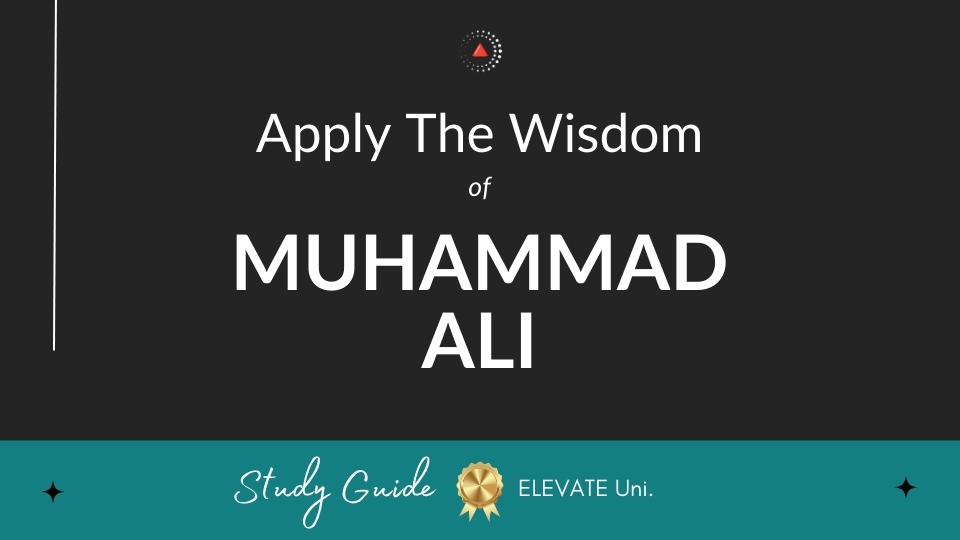I don’t have to be what you want me to be.
What's the meaning of this quote?
Quote Meaning: This quote expresses the idea of individual autonomy and the importance of self-determination in shaping one's identity. It suggests that one is not obligated to conform to the expectations or desires of others, asserting the right to define oneself independently.
The message behind this quote is a declaration of personal freedom and self-expression. It encourages individuals to embrace their unique qualities, beliefs, and aspirations, regardless of societal pressures or external influences. It emphasizes the power of self-acceptance and the freedom to authentically be oneself.
By asserting, "I don't have to be what you want me to be," the quote challenges the notion of seeking validation or approval from others. It suggests that one's worth and identity should not be defined by external expectations or the desire to meet others' standards. Instead, it encourages individuals to embrace their individuality and follow their own path, guided by their own values and aspirations.
Moreover, the quote implies the importance of asserting personal boundaries and resisting societal pressures to conform. It promotes the idea that true fulfillment and self-actualization come from living in alignment with one's own authentic desires, passions, and values.
In essence, this quote conveys a message of empowerment and self-determination. It encourages individuals to embrace their uniqueness and define themselves on their own terms. By embracing this mindset, individuals can cultivate a sense of authenticity, personal fulfillment, and inner harmony, leading to a more fulfilling and genuine life.
Who said the quote?
The quote "I don't have to be what you want me to be." was said by Muhammad Ali (Bio / Quotes). Muhammad Ali was a legendary boxer, activist, and cultural icon who transcended his sport and became one of the most recognizable figures in the world.
Applying the quote to your life
Unlock Ali's wisdom and apply it to your life by getting the in-depth Muhammad Ali Workbook & Study Guide, complete with Ali's top quotes, insightful commentary, reflective questions, and practical uses for everyday life. 👇
To apply more wisdom, get the All-Access Pass, which includes hundreds of study guides from the world's top minds. These include deep insights from inspiring individuals such, as well as some of the top authors and personal development books.
Is there a historical example that illustrates the message of the quote?
One notable historical example of the quote "I don't have to be what you want me to be" is the life and actions of Rosa Parks during the American Civil Rights Movement. In 1955, Parks, an African American woman, refused to give up her seat to a white man on a segregated bus in Montgomery, Alabama. Her act of defiance was not just about refusing to comply with an unjust law; it was a bold assertion of her dignity and identity, rejecting the societal expectations imposed upon her as a Black woman in the Jim Crow South.
Parks’ decision was a powerful statement of self-respect and resistance against a system designed to oppress her. It was a clear declaration that she would not conform to the roles and limitations that others, particularly those upholding segregation, sought to impose upon her. By staying seated, Parks demonstrated that she would not be defined by the oppressive constraints of her time but would instead act according to her own principles and beliefs. Her refusal to be "what others wanted her to be" became a symbol of resistance and helped spark the Montgomery Bus Boycott, which became a pivotal moment in the fight for civil rights and equality in the United States.
What are Muhammad Ali's Best Quotes?
Watch on Elevate Uni's YouTube channel and be sure to subscribe for more wisdom and insights from the world's top minds.
Subscribe on YouTube to get the latest quote videos delivered straight to you:
How can the quote be applied in a real-life scenario?
In real-life scenarios, the quote "I don't have to be what you want me to be" can be a powerful reminder of the importance of staying true to oneself despite external pressures or expectations. Consider a situation where someone is working in a corporate environment and feels pressured to conform to the prevailing office culture, which might value aggressive competition and self-promotion over collaboration and integrity.
Imagine an employee named Alex, who values teamwork and transparency but notices that the company's culture rewards cutthroat behavior and backhanded tactics. Alex might feel tempted to adopt these strategies to advance in the company, even though they conflict with their personal values. The quote serves as a reminder for Alex that they do not have to compromise their principles to fit into this environment. Instead, Alex can choose to maintain their integrity and work in a way that aligns with their own values, even if it means facing challenges or slower progress in their career.
By staying true to their beliefs, Alex not only upholds personal integrity but also sets an example for others and contributes to a more authentic and ethical workplace culture. This approach fosters genuine relationships and can lead to long-term success that aligns with their true self, rather than short-term gains achieved by conforming to pressures or expectations that go against their core values.
Chief Editor
 Tal Gur is an author, founder, and impact-driven entrepreneur at heart. After trading his daily grind for a life of his own daring design, he spent a decade pursuing 100 major life goals around the globe. His journey and most recent book, The Art of Fully Living, has led him to found Elevate Society.
Tal Gur is an author, founder, and impact-driven entrepreneur at heart. After trading his daily grind for a life of his own daring design, he spent a decade pursuing 100 major life goals around the globe. His journey and most recent book, The Art of Fully Living, has led him to found Elevate Society.






















